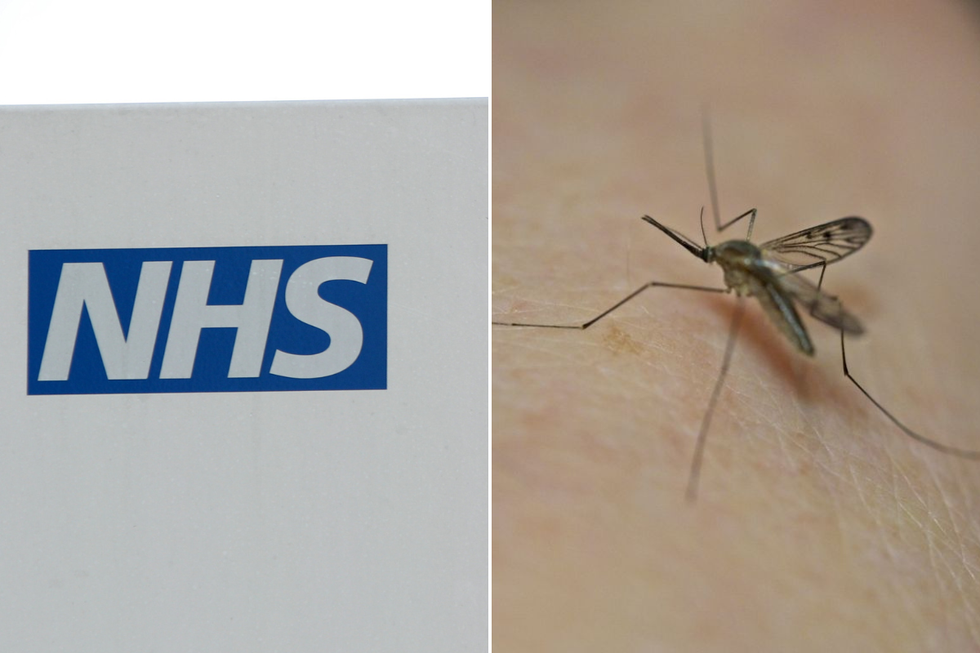NHS to monitor blood donations for mosquito and tick-borne diseases as cases could surge due to climate change
The NHS has announced it will start monitoring blood donations to track early signs of tropical diseases that could spread in the UK for the first time.
Climate change is said to be driving ticks and mosquitos further north, leading to fears that viruses once specific to warmer locations will reach our shores.
It comes as mosquitos that can carry West Nile virus have been detected in southern England and there have been four cases of tick-borne encephalitis virus likely acquired in the UK.
Usutu virus, typically seen in parts of Africa, Europe, and the Middle East, has also been found in birds in the UK.

Project lead at the UK Health Security Agency Dr Amanda Semper said: “Infections such as West Nile and Usutu aren’t currently found in the UK, but there is an increasing risk of mosquito-borne infections in this country, driven by climate and environmental change, the globalisation of travel and trade, and changes in land use.
“This new programme will help deepen our surveillance, acting as an early warning of infections for when they do arrive here, further strengthening our ability to detect them early.”
The three diseases in the most severe cases can lead to serious neurological illnesses such as encephalitis or meningitis.
Health chiefs insisted the current risk level was “very low” and mostly cause similar flu-like symptoms in humans. However tests for further emerging diseases could be added in future.

Consultant medical virologist for NHS Blood and Transplant Heli Harvala said: “This targeted sampling of donors provides a response capability in the event of future infectious disease threats to blood safety arising from climate change.
“By combining the test results with travel and vaccination history, we can estimate how likely it is that people got their infections here or whether the antibodies might be from vaccination.
“It also provides the means to demonstrate that a virus is not present in the blood donor population, which is equally important operationally and would guide future testing strategies.”
Initially, the new project will see 5,000 blood samples taken from consenting blood donors over the next few months. These samples will be analysed for viruses alongside the donors travel history, potential exposure to infection and their vaccinations.
The “Codonet” blood sample archive will be held by NHSBT at its Oxford blood centre and will link with UKHSA surveillance programmes, which monitor the spread of these infections in the general population.
Professor of virology at the University of Oxford Peter Simmonds said: “Codonet is an archive of blood donor samples, where we will also collate their travel and vaccination history, and their exposure to ticks, mosquitos or other animals.
“This would allow us to immediately initiate targeted screening in particular blood centres or specific postcodes and obtain study samples that are appropriately consented for surveillance studies or other purposes.”

